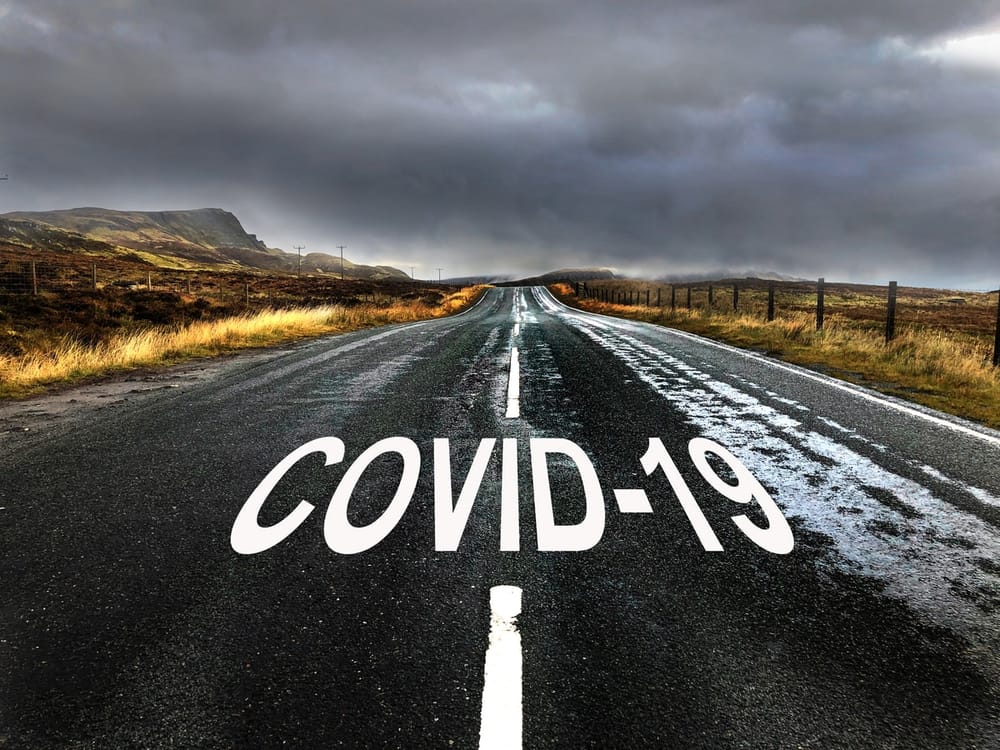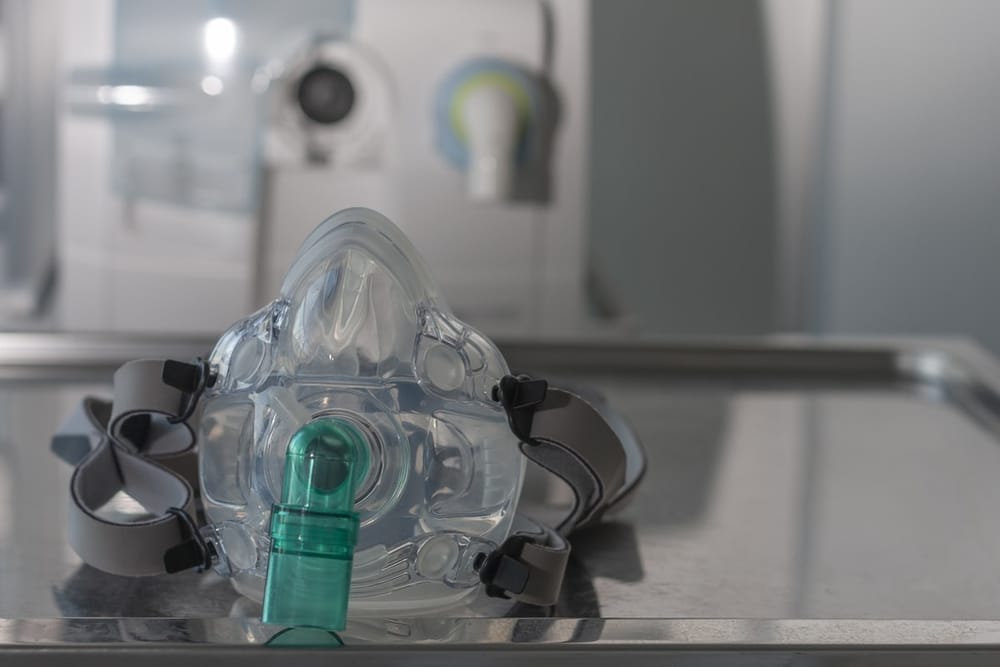Core expertise
Early rehabilitation in intensive care
Mechanical ventilation
Early mobilisation (TEAM) in ICU
COVID-19 recovery
Biography
Carol leads international trials in mechanical ventilation and early mobilisation in ICU. She specialises in long-term functional outcomes following ICU and organ support. She's a senior physiotherapist in ICU at the Alfred Hospital, and is passionate about multidisciplinary research to improve patient recovery.
The new research she’s leading will shine a light on the after-effects of a disease such as COVID-19 on a human body after emerging from ICU. It will also highlight the work that physiotherapists do in intensive care.





